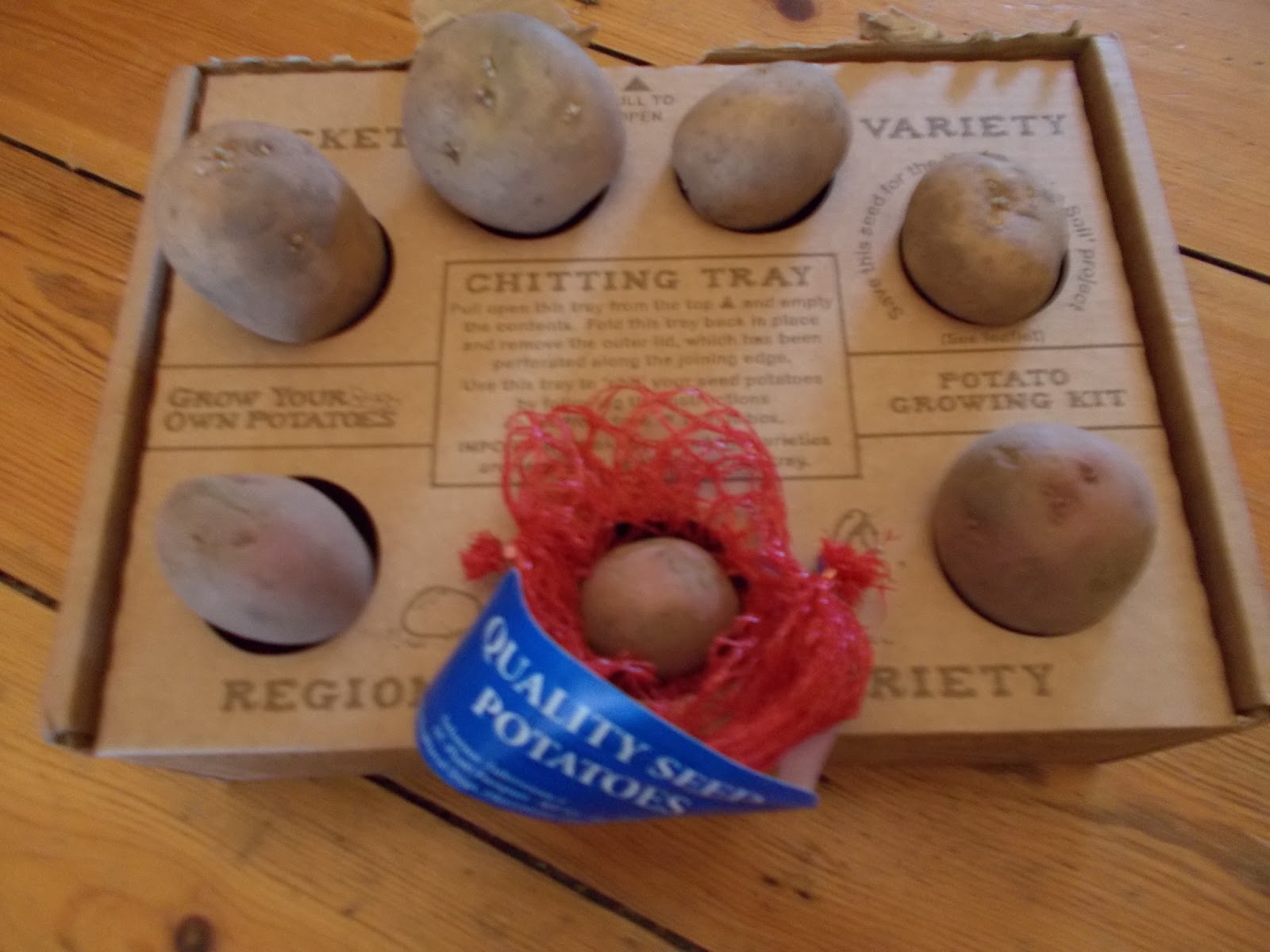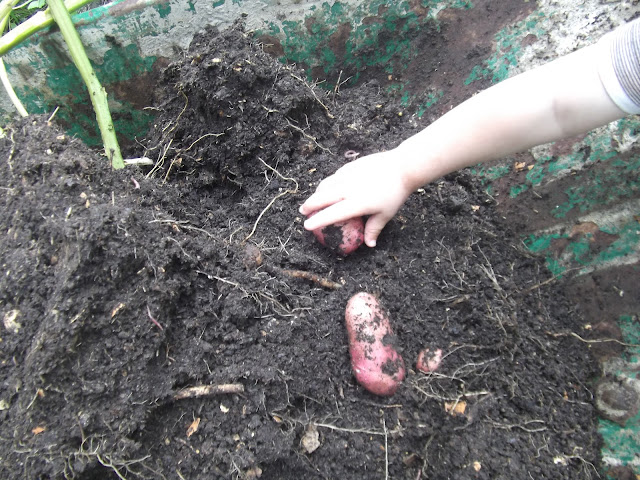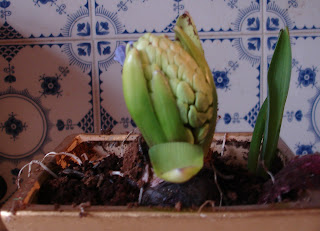September and, like many others, we are about to start back to more formal learning. I have some reservations about the long holiday and we need to get going again. Having said that, this is a brilliant time of year to go away. This time, last year, we were away this week which proved a brilliant not back to school activity.
I don't have any preschoolers, any more, but found this post by Lizzy quite convicting about older children too especially
It is easy to consider things which are definitely optional absolutely necessary, but to be flexible about things which should be essential.
Danika has published an enormous list of Christian history books for children of different ages. I certainly haven't read all of these books myself but the list will be helpful when researching books.
We are hoping to start our nature studies with Exploring Nature with children (review soon), this week so this post from its author, Lyn Seddon, about how to set up a nature journal was relevant. We love some lovely empty journals just waiting to be used.
We should never stop learning and Annie Kate's article about modelling the joy of learning for our children was challenging and inspiring. This has inspired me to write a list of books that I ought to read. What would you put on a must read list?
This is apple season and with a biggish crop, I am always looking for more uses for apples. This post helps to avoid wasting the skins although I tell myself that composting isn't waste.
Have a happy September!
If you enjoyed this post you may like to follow Delivering Grace by Google Friend Connect, G+,Facebook, Pinterest or e-mail.
I don't have any preschoolers, any more, but found this post by Lizzy quite convicting about older children too especially
It is easy to consider things which are definitely optional absolutely necessary, but to be flexible about things which should be essential.
Danika has published an enormous list of Christian history books for children of different ages. I certainly haven't read all of these books myself but the list will be helpful when researching books.
We are hoping to start our nature studies with Exploring Nature with children (review soon), this week so this post from its author, Lyn Seddon, about how to set up a nature journal was relevant. We love some lovely empty journals just waiting to be used.
We should never stop learning and Annie Kate's article about modelling the joy of learning for our children was challenging and inspiring. This has inspired me to write a list of books that I ought to read. What would you put on a must read list?
This is apple season and with a biggish crop, I am always looking for more uses for apples. This post helps to avoid wasting the skins although I tell myself that composting isn't waste.
Have a happy September!
If you enjoyed this post you may like to follow Delivering Grace by Google Friend Connect, G+,Facebook, Pinterest or e-mail.












































